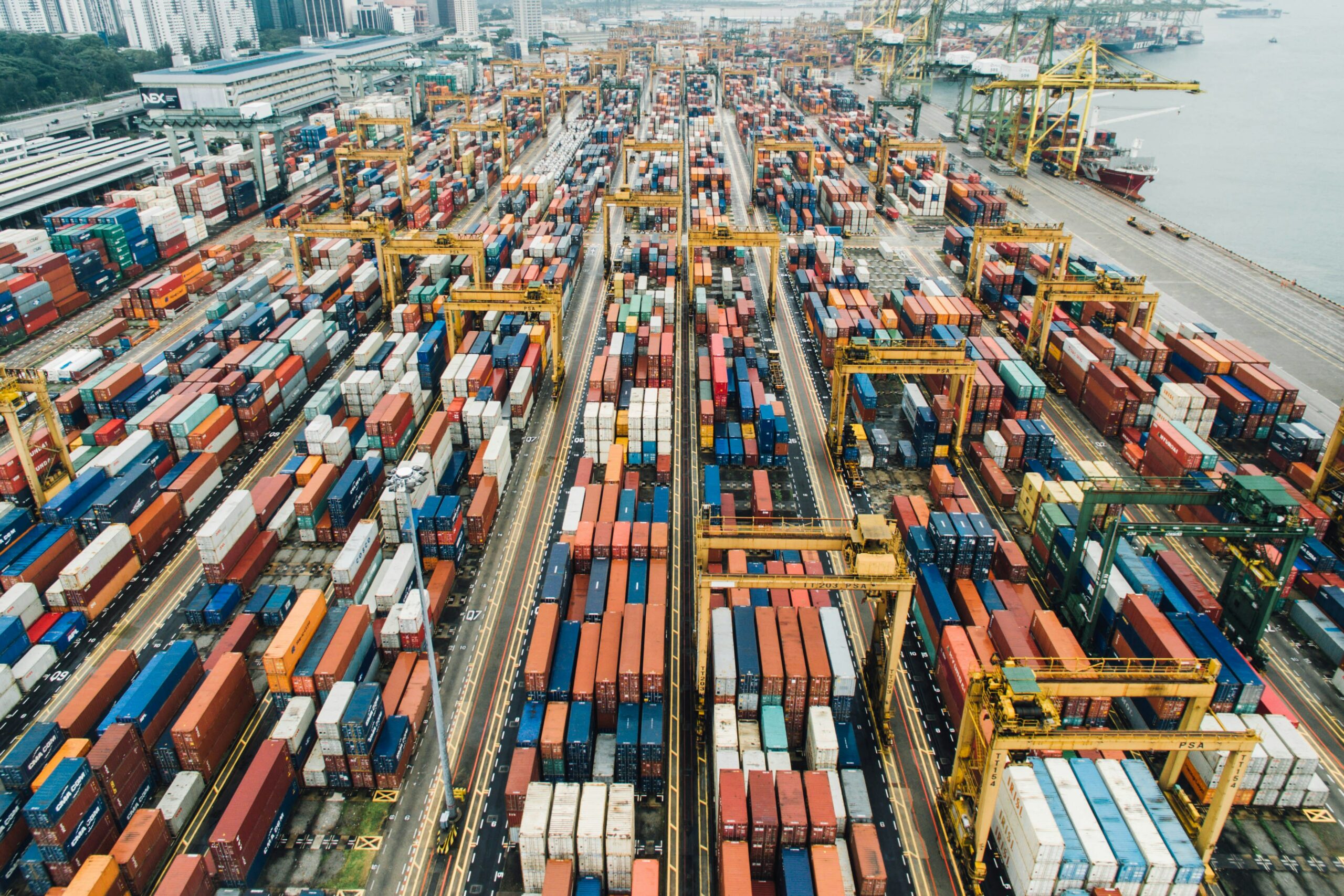International transport, a vital driver of global trade, is associated with numerous risks that can significantly impact business operations. Indeed, the challenges of risk management in this sector are many and varied, ranging from security threats to the complexities of international regulations and currency fluctuations. In the face of these challenges, companies operating in the global market must adopt robust strategies to protect their interests and ensure the success of their operations.
Security challenges
One of the primary challenges faced by companies in international transport is security. Goods in transit are often exposed to risks such as theft, sabotage, or even acts of terrorism. Transporters must therefore implement rigorous security measures, such as real-time cargo monitoring, careful route selection, and the use of advanced tracking technologies to minimize these risks and ensure the safety of both goods and people.
International regulatory complexities
Alongside security risks, companies in international transport must also contend with a complex and constantly evolving regulatory landscape. International regulations, whether related to customs, health controls, or environmental standards, can vary from one country to another and can significantly impact costs and delivery times. To navigate this regulatory maze effectively, companies must invest in solid legal expertise and establish strategic partnerships with local players to ensure regulatory compliance at every stage of the supply chain.
Currency fluctuations
Furthermore, currency fluctuations represent another major challenge for companies in international transport. Sudden changes in exchange rates can lead to significant financial losses, particularly for companies operating in multiple international markets. To mitigate this risk, companies can use hedging instruments such as forward contracts or currency options, which allow them to lock in preferential exchange rates and reduce their exposure to currency market fluctuations.





